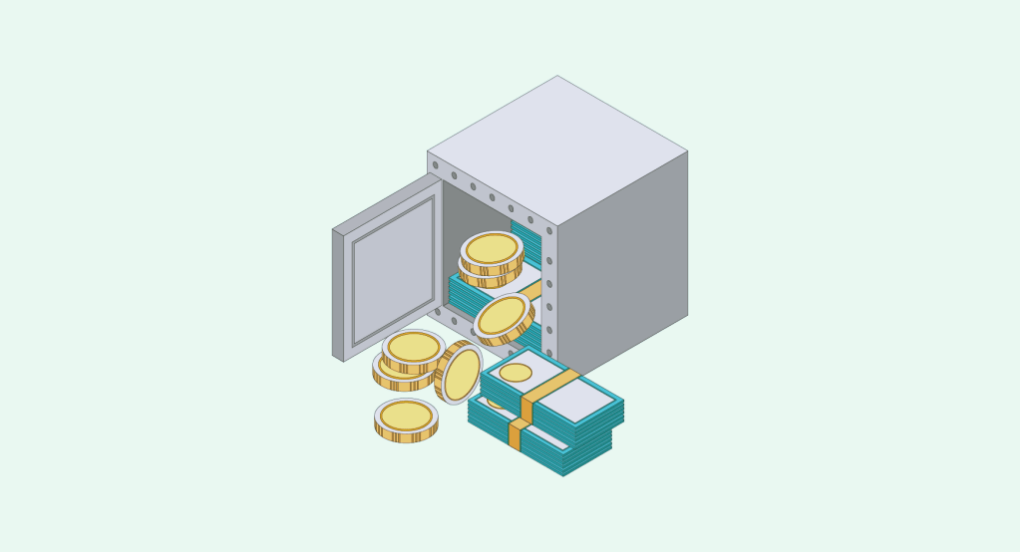The appeal of wealth and chances for financial advancement have drew investors to the stock market for decades. As the financial landscape has evolved, a variety of tactics and methods have surfaced, each providing a distinct way to traverse the ever fluctuating and unstable markets. Dabba trading, sometimes referred to as bucket shop trading. It has recently attracted the attention of investors among these strategies. Operating outside of conventional exchanges, this unconventional and unregulated form of stock trading presents a strong alternative for those looking for alternative ways to achieve financial success.
What is dabba trading
Dabba trading, also known as bucketing or parallel trade, is mostly used in Indian contexts. The word “Dabba” means “box” in Hindi, referring to the covert and unregulated nature of this kind of operation. Dealing in financial products, such as stocks, commodities, or currencies, without registering them on any official exchange or regulatory platform is known as “dabba trading.” In essence, dabba trading is a form of gambling in which stock price prediction is the main focus.
Features of dabba trading
There are the following features of dabba trading;
- Since dabba trading occurs outside of the official stock market, it is exempt from the rules and regulations that regulate stock exchanges.
- The ability to avoid taxes like the Securities Transaction Tax (STT) and Commodities Transaction Tax (CTT) is the main attraction of dabba trading.
- Investors who use Dabba Trading avoid paying a number of fees that are frequently associated with stock exchange transactions, such as stamp duty, brokerage, and depository fees.
- Unreported revenue may be earned because dabba trading transactions are often conducted off the record and in cash.
- Someone might utilize this mysterious money for illegal activities.
- Because there are fewer dealers and no governmental control, trades on the dabba market are completed more quickly.



